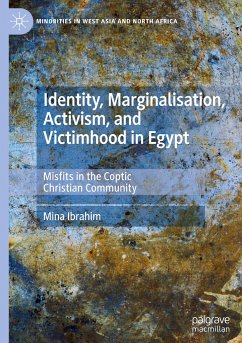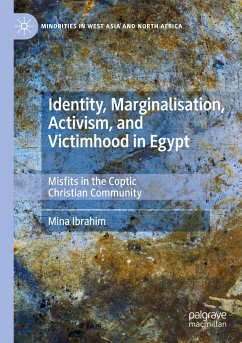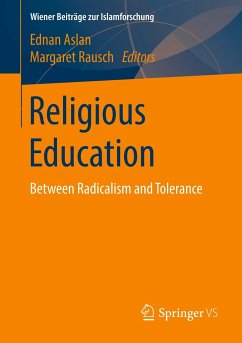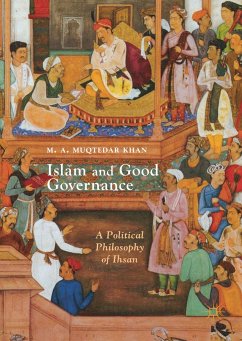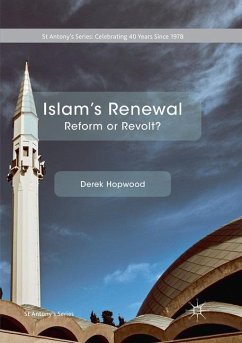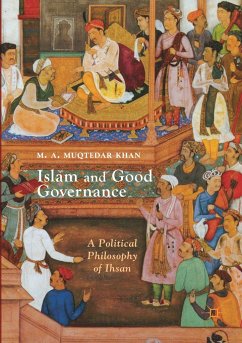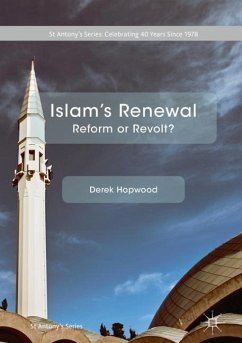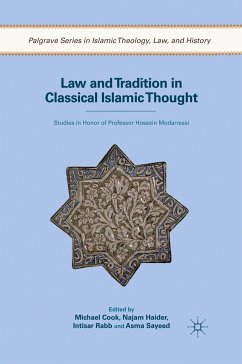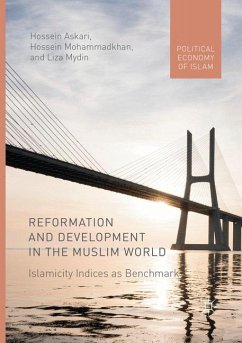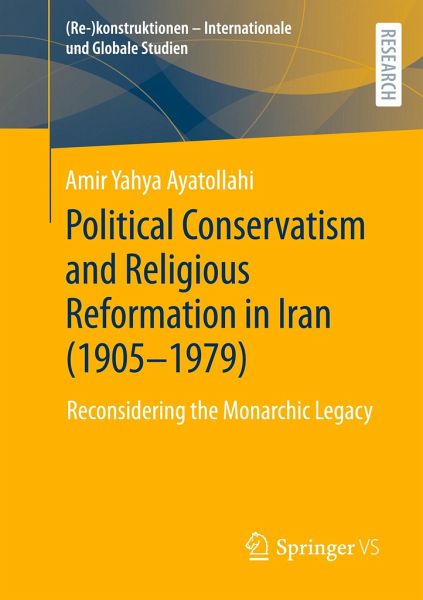
Political Conservatism and Religious Reformation in Iran (1905-1979)
Reconsidering the Monarchic Legacy

PAYBACK Punkte
38 °P sammeln!
This book is a theoretical inquiry on the relation of the body politic with the religious movements in the time between the Constitutional Revolution and the Islamic Revolution in Iran; it illustrates speculative and historical analyses on the relationship of state, religion, and socio-political status in the late Qajar dynasty (1905-1925) and the whole Pahlavi monarchy. Particularly, it examines the applicability of "liberal conservatism" to the era of the last Shah of Iran. The thesis defines the term political conservatism in accord with Edmund Burke's philosophy. It deals next with the def...
This book is a theoretical inquiry on the relation of the body politic with the religious movements in the time between the Constitutional Revolution and the Islamic Revolution in Iran; it illustrates speculative and historical analyses on the relationship of state, religion, and socio-political status in the late Qajar dynasty (1905-1925) and the whole Pahlavi monarchy. Particularly, it examines the applicability of "liberal conservatism" to the era of the last Shah of Iran. The thesis defines the term political conservatism in accord with Edmund Burke's philosophy. It deals next with the definition of religious reformation, the peculiar characteristics of Islam, the Shi'ite political theology, and the contradictory usages of "Islamic reformation" in the literature. The text gives an overview of the two antagonist sides of nationalism. It provides also an analysis of the Islamic Republic as a new political phenomenon in Iranian history and the transformation of all concepts after1979. Ayatollahi aims to assess the Iranian conservatism, the possibility of conciliation between politics and religion before the collapse of the Pahlavi, and "the conditions of possibility" for any restoration of the monarchy.



